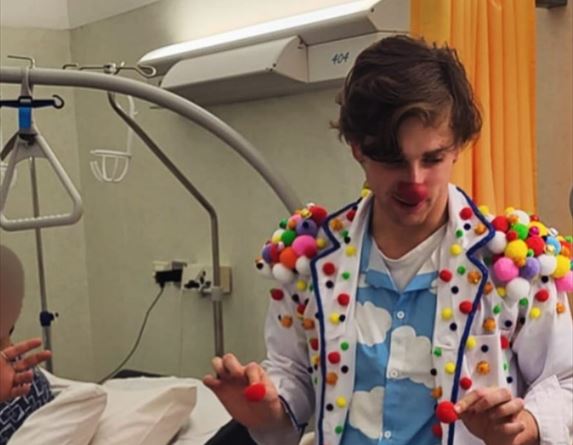No one imagines how widespread it is.
In France, cannabis is by far the most consumed illicit substance, with nearly 5 million people using it each year and nearly 1 million each day. But it is another drug which is today attracting the attention of addictologists because its use is exploding in France: “This is one of the big trends of recent years, alerts the French Observatory on Drugs and Addictive Tendencies (OFDT) in its report “Drugs and addictions, key figures 2025”. Usage over the last 12 months now concerns 1.1 million French people (11-75 years old), i.e. 9.4% of adults (13.4% of men and 5.5% of women) and 1.4% of young people aged 17.” This figure has almost doubled compared to 2022 when the OFDT recorded 600,000 users. France is now the 7th largest consumer country in Europe.
Although its consumption and resale are strictly prohibited by French law, the market in France has developed greatly. in recent years and now represents 1/3 of narcotics (more than 23 tonnes were seized in 2023). Like all drugs, this substance is dangerous. “In 12 years, the rate of visits to emergency departments because of this substance has increased by more than 3, indicates for its part Santé Publique France. In France, there are on average 72 trips to the emergency room per week linked to cocaine use. the drug in question. These passages mainly concern men whose average age is 32 years old. It is consumed in a festive environment, but also alone at home.
Cocaine most often comes in the form of a white powder extracted from coca plant leaves that is sniffed or inhaled. It has a stimulating and energizing effect and reduces feelings of fatigue. It very quickly leads to a phenomenon of dependence, only after a few doses, as well as serious side effects: dehydration, chest pain, tremors, fever, paranoid hallucinations and intense anxiety… All these side effects require medical attention in an emergency because they can endanger the life of the consumer.
When addiction sets in, treatment by an addictologist and a psychologist is strongly recommended, whether privately, in hospital or in a CSAPA (Centers for Care, Support and Prevention in Addictology). At the moment, no specific treatment for cocaine addiction is available. Often, an anxiolytic is prescribed to limit withdrawal symptoms.








